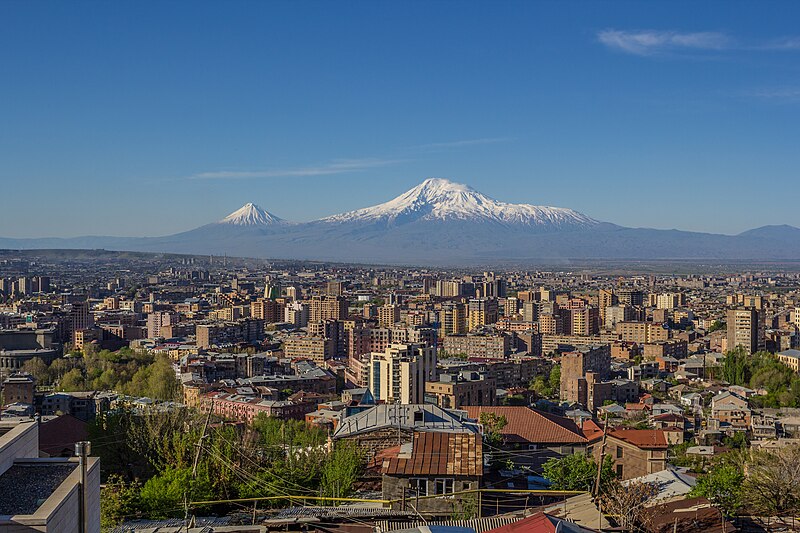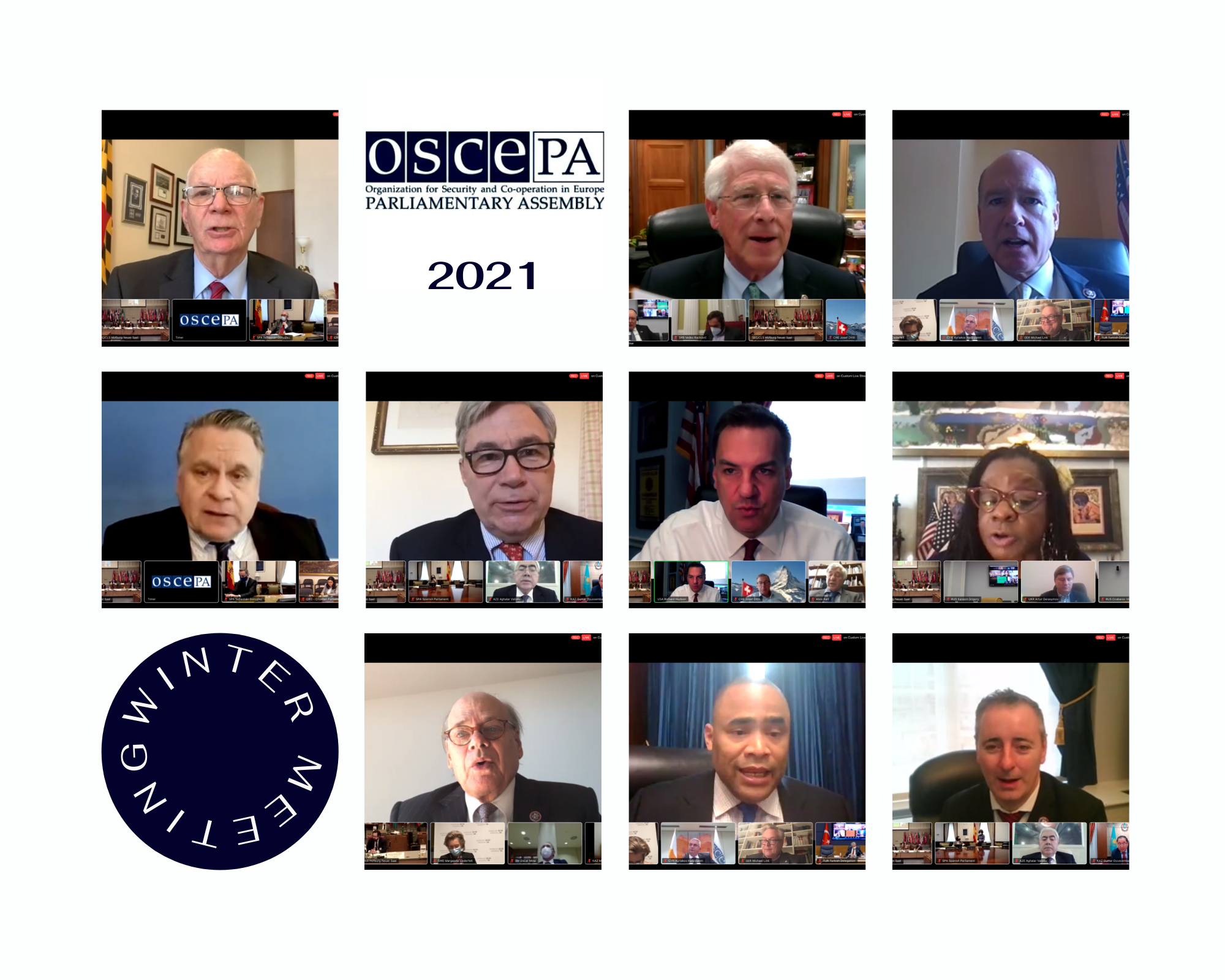Armenia

HEARING – Supporting Armenia’s Democracy and Western...
Sep 10, 2024Dirksen Senate Office Building, Room 419 Stream live here In July, bipartisan members of the Helsinki Commission leadership from the House and Senate and other senior members of Congress visited Armenia […]

Helsinki Commission Advances Human Rights, Demands f...
Oct 19, 2023By Shannon Simrell, Senior Policy Advisor Between October 2-13, 11 Helsinki Commission staff joined approximately 1,400 representatives of OSCE participating States (pS) and civil society representatives in Warsaw, Poland in […]
Sweden’s Leadership of the OSCE
Jun 11, 2021In 2021, Sweden chairs the world’s largest regional security organization—the Organization for Security and Cooperation in Europe (OSCE)—which comprises 57 participating States stretching from North America, across Europe, and to […]
Swedish Foreign Minister Ann Linde to Appear at Hels...
Jun 03, 2021WASHINGTON—The Commission on Security and Cooperation in Europe, also known as the Helsinki Commission, today announced the following online hearing: SWEDEN’S LEADERSHIP OF THE OSCE Priorities for 2021 Friday, June […]

Helsinki Commission Commemorates 45 Years of Advanci...
Jun 03, 2021WASHINGTON—To commemorate the 45th anniversary of the Commission on Security and Cooperation in Europe, also known as the U.S. Helsinki Commission, on June 3, Chairman Sen. Ben Cardin (MD) and […]

Corruption Is a National Security Threat. The CROOK ...
Mar 23, 2021Not long ago, America’s greatest adversaries were bound together by communist ideology. Today, they most often are defined by political corruption—authoritarian leaders using the levers of government to enrich themselves […]

Ten-Member Congressional Delegation Demonstrates Ong...
Mar 05, 2021By Bob Hand, Senior Policy Advisor Approximately 270 parliamentarians from across the OSCE region gathered virtually from February 24 – 26 for the OSCE Parliamentary Assembly’s Winter Meeting, the first […]
OSCE Ministerial Council Appoints Top Leaders, Adopt...
Dec 21, 2020By Shannon Simrell, Representative of the Helsinki Commission to the U.S. Mission to the OSCE Foreign ministers of the 57 OSCE participating States convened on December 3 – 4, 2020, […]

Hastings, Wicker, and Hudson Call For De-Escalation ...
Sep 29, 2020WASHINGTON—After a major outbreak of violence between Armenian and Azerbaijani forces Sunday in Nagorno-Karabakh, Helsinki Commission leaders Chairman Rep. Alcee L. Hastings (FL-20), Co-Chairman Sen. Roger Wicker (MS), and Commissioner […]

Albanian Prime Minister Edi Rama to Appear at Helsin...
Sep 09, 2020WASHINGTON—The Commission on Security and Cooperation in Europe, also known as the Helsinki Commission, today announced the following online hearing: ALBANIA’S CHAIRMANSHIP OF THE OSCE Responding to the Multiple Challenges […]

